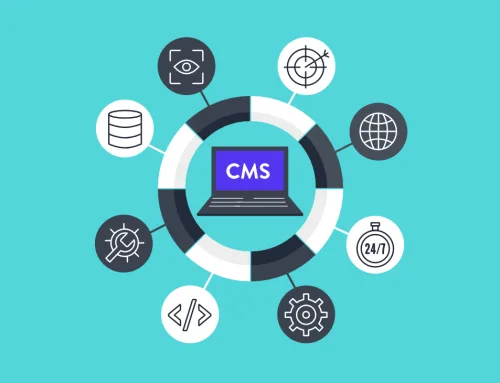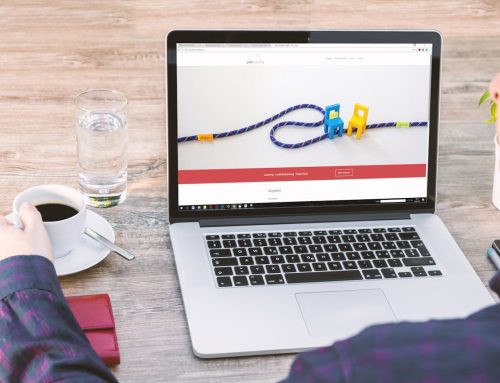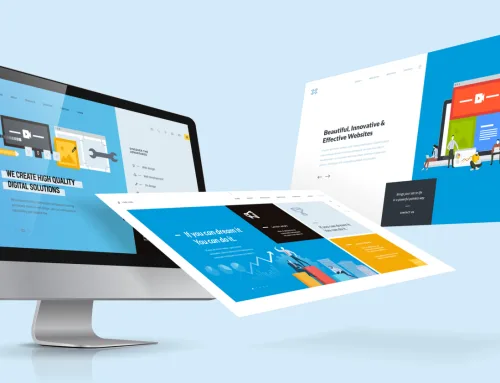Hiring a web development firm is a crucial decision that can significantly impact your business’s online presence. The right firm will help create a website that not only looks great but also functions seamlessly, aligns with your goals, and delivers the desired outcomes. Here’s a step-by-step guide to help you make the best choice:
1. Define Your Needs and Goals
- Project Scope: Identify what your business needs—whether it’s a complete website redesign, the development of a new site, or the addition of specific features like an online store, booking system, or blog.
- Budget: Set a clear budget for the project, considering both immediate needs and potential future updates or expansions.
- Timeline: Determine the deadline for project completion. Whether it’s a launch date for a new product or event, having a clear timeline will guide the development process.
- Website Goals: Pinpoint what you want to achieve with your website—better branding, higher conversions, improved user experience, or search engine optimization (SEO). Having specific goals will help the firm tailor their approach.
2. Research Potential Firms
- Portfolio Review: Look at the firm’s previous work to assess their design and development quality. Focus on projects similar to yours, such as e-commerce sites or custom applications.
- Client Reviews and Testimonials: Check reviews on reputable platforms such as Google, Clutch, and LinkedIn. Reading feedback from previous clients can give you insights into their reliability, communication, and the quality of their work.
- Industry Experience: Consider firms that have experience in your industry. A firm familiar with the nuances of your sector will have a better understanding of your audience’s needs.
- Technology Expertise: Ensure the firm is experienced in the technology stack you need. This could range from CMS platforms like WordPress or Shopify to custom-built solutions using technologies like React, Node.js, or Laravel.
3. Evaluate Expertise and Team
- Team Structure: Look for a firm with a strong, diverse team that includes web designers, developers, UX/UI specialists, and project managers. This ensures all aspects of your project are handled by professionals.
- Communication: Evaluate how well the firm communicates during the early stages. Clear and consistent communication is vital for the success of the project. Discuss how often you will be updated, the primary points of contact, and how issues will be addressed.
- Problem-Solving Skills: Ask the firm about challenges they’ve faced on past projects and how they solved them. Their approach to problem-solving is critical to avoiding delays or complications during your project.
4. Request Proposals and Quotes
- Proposals: Request detailed proposals from shortlisted firms. The proposal should include the project scope, deliverables, timeline, technology stack, and cost estimate.
- Cost Comparison: While it may be tempting to choose the cheapest option, focus on value and quality over price. Higher-quality work often results in a better-performing website and fewer problems in the long run.
5. Discuss and Finalize the Agreement
- Contracts: Ensure the contract includes detailed information on project milestones, payment schedules, intellectual property rights, and confidentiality clauses. This protects both parties and establishes clear expectations.
- Scope Flexibility: Projects can evolve, so ensure there’s room for adjustments in the scope. Discuss how change requests will be handled and the costs associated with them.
6. Start Small if Unsure
- Pilot Project: If you’re unsure about the firm’s capabilities, consider starting with a smaller task, such as a minor website update or a design mock-up, to evaluate their work before committing to a larger project.
7. Ongoing Support and Maintenance
- Post-Launch Services: Discuss the firm’s policy on post-launch support. Ensure they offer ongoing maintenance, such as updates, bug fixes, and security monitoring.
- Training: If you or your team will be managing the site after launch, confirm that the firm provides training or comprehensive documentation.
8. Trust Your Gut
- Cultural Fit: Finally, assess whether the firm’s culture aligns with your business values and work style. A positive, cooperative relationship can be just as important as technical skills when it comes to project success.
By carefully evaluating your options, you’ll be able to select a web development firm that understands your vision and can deliver a website that meets your business objectives, within your budget and timeline.









